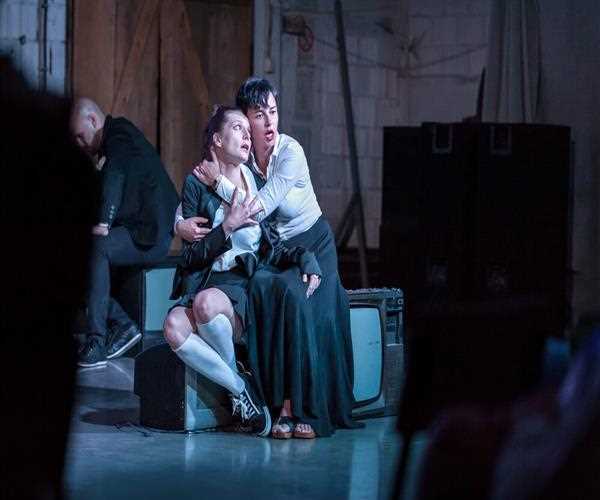Theater and speech have a long and complicated relationship. On the one hand, the theater is all about the spoken word and the power of communication. On the other hand, the theater is also about the power of performance and the ability to engage an audience.
The two disciplines are often seen as being in competition with each other. After all, what is the point of the theater if not to provide a platform for great speeches? And what is the point of speech if not to be performed in front of an audience?
However, the truth is that theater and speech are two sides of the same coin. They are both about the power of communication. And they both rely on the same skill sets.
Theater is all about the spoken word. It is about using your voice to communicate a message. To be a great theater actor, you need to be able to deliver your lines with power and conviction. You also need to be able to project your voice so that it can be heard by the entire audience.
Speech, on the other hand, is all about the written word. It is about using your words to persuade, inform, or entertain. To be a great speechwriter, you need to be able to craft your words so that they have the maximum impact. You also need to be able to choose the right words for the right situation.
Think about it this way: A play is like a puzzle. Each piece of the puzzle is important, but it's only when you put all the pieces together that you see the whole picture. The same is true of theater. Each element - the dialogue, the movement, the facial expressions - is important, but it's only when they're all working together that the magic happens.
Theater is also about collaboration. It takes a team of people to put on a play. The actors have to work together to create the characters and tell the story. The directors have to work with the actors and the crew to make sure everything runs smoothly. And the audience has to be there to watch it all come together.
Theater is about so much more than just the sum of its parts. It's about communication, and collaboration, and most of all, it's about connection. The two disciplines are not in competition with each other. In fact, they are complementary. Theater helps us to understand the power of communication. And speech helps us to understand the power of performance.
